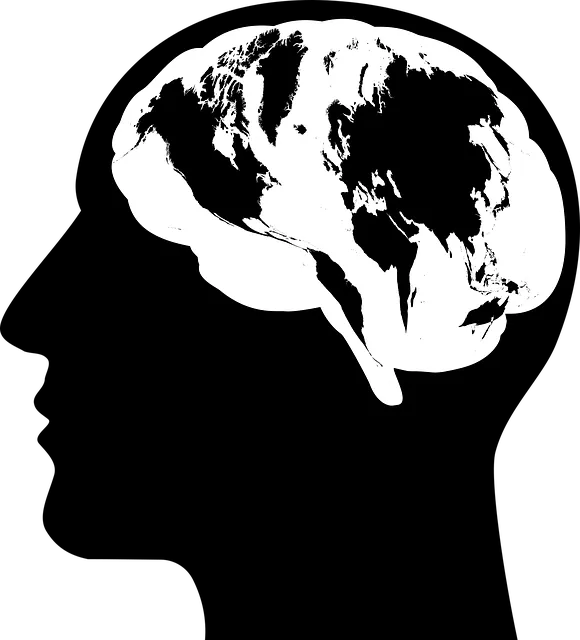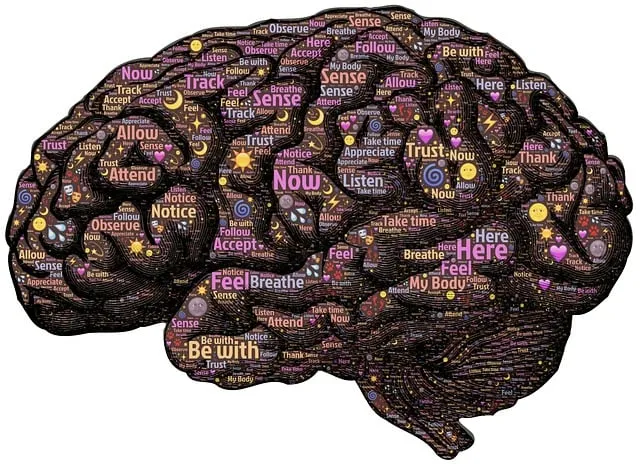The Kaiser Permanente Mental Health Access Center Golden prioritizes risk assessment and personalized interventions for holistic patient care. They integrate self-awareness exercises and Trauma Support Services to address mental illness symptoms and build resilience. Their comprehensive strategy includes early risk identification, tailored support, and continuous monitoring, aiming to reduce mental illness stigma and enhance emotional well-being within the community through cultural sensitivity.
Risk assessment and harm minimization planning are crucial components of quality mental health care, ensuring patient safety and well-being. This comprehensive guide explores these essential practices, drawing insights from the pioneering Kaiser Permanente Mental Health Access Center model. We’ll delve into understanding risk factors in mental health, implementing evidence-based strategies, and providing practical tips for healthcare professionals to enhance harm minimization planning, ultimately improving patient outcomes at facilities like Golden’s Kaiser Permanente center.
- Understanding Risk Assessment in Mental Health Care
- The Kaiser Permanente Model: A Comprehensive Approach
- Strategies for Effective Harm Minimization Planning
Understanding Risk Assessment in Mental Health Care

In mental health care, risk assessment is a fundamental process aimed at identifying and mitigating potential risks to individuals’ well-being. This involves a comprehensive evaluation of various factors that could contribute to harm, enabling professionals at the Kaiser Permanente Mental Health Access Center Golden to develop tailored interventions. By integrating self-awareness exercises and Trauma Support Services, they ensure a holistic approach to patient care.
Understanding an individual’s unique circumstances, including their history, current symptoms, and environmental factors, is crucial in risk assessment. The center’s strategies focus on not only addressing the symptoms of mental illness but also fostering resilience and coping mechanisms. Additionally, these assessments play a pivotal role in Mental Illness Stigma Reduction Efforts by promoting understanding, empathy, and supportive environments for all patients.
The Kaiser Permanente Model: A Comprehensive Approach

The Kaiser Permanente Model offers a comprehensive approach to risk assessment and harm minimization planning, particularly within its mental health access centers in the Golden area. This model integrates various services such as Trauma Support Services, Depression Prevention programs, and Emotional Intelligence training to create a holistic support system for individuals facing psychological challenges. By combining clinical interventions with community-based initiatives, Kaiser Permanente aims to not only treat existing conditions but also foster resilience and promote emotional well-being.
This comprehensive strategy recognizes that addressing mental health issues requires a multi-faceted approach. It involves early identification of risks through proactive screening programs, tailored interventions for individual needs, and continuous monitoring to ensure the effectiveness of support measures. The Kaiser Permanente Model demonstrates that by prioritizing emotional intelligence and trauma-informed care, communities can significantly minimize harm and enhance the overall mental health and resilience of their members.
Strategies for Effective Harm Minimization Planning

Harm minimization planning is a proactive approach to mental healthcare that focuses on preventing and mitigating potential risks. At the Kaiser Permanente Mental Health Access Center Golden, experts emphasize the importance of comprehensive risk assessment as a foundational step. This process involves thoroughly evaluating individual client factors, environmental influences, and the nature of their psychological challenges to identify vulnerabilities. By understanding these risks, mental health professionals can tailor interventions to offer effective anxiety relief and promote positive outcomes.
Effective harm minimization strategies incorporate cultural sensitivity in mental healthcare practice. Recognizing the diverse backgrounds and experiences of clients allows practitioners to adapt their approaches, ensuring culturally competent care. This tailored approach not only respects individual differences but also enhances engagement and trust, making it easier for clients to access the support they need. Through these comprehensive risk assessment and cultural sensitivity practices, mental health professionals can create a safe space that fosters healing and well-being.
Risk assessment and harm minimization planning are vital components of delivering effective mental health care. By adopting comprehensive frameworks, such as the Kaiser Permanente Model, healthcare providers can create safer environments and enhance patient outcomes. Integrating these strategies ensures that individuals receiving treatment at mental health access centers like Kaiser Permanente in Golden have access to well-structured support systems, fostering better management of risks and mitigating potential harm. This approach not only contributes to improved patient safety but also enables professionals to provide more personalized care in today’s complex healthcare landscape.






